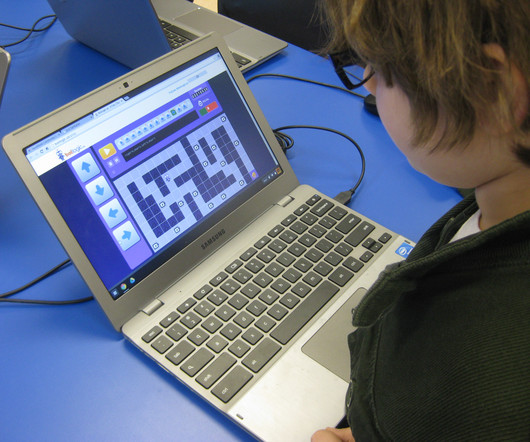Engaging Strategies for Reluctant Learners in High School
Teachers Pay Teachers
JULY 16, 2025
No matter what subject you teach, spend time showing students how to take notes, how to study for tests and quizzes, and how to balance their time between homework and other after-school activities. For more help on maintaining a positive and efficient classroom, follow our guide on classroom management strategies for any school setting.












Let's personalize your content